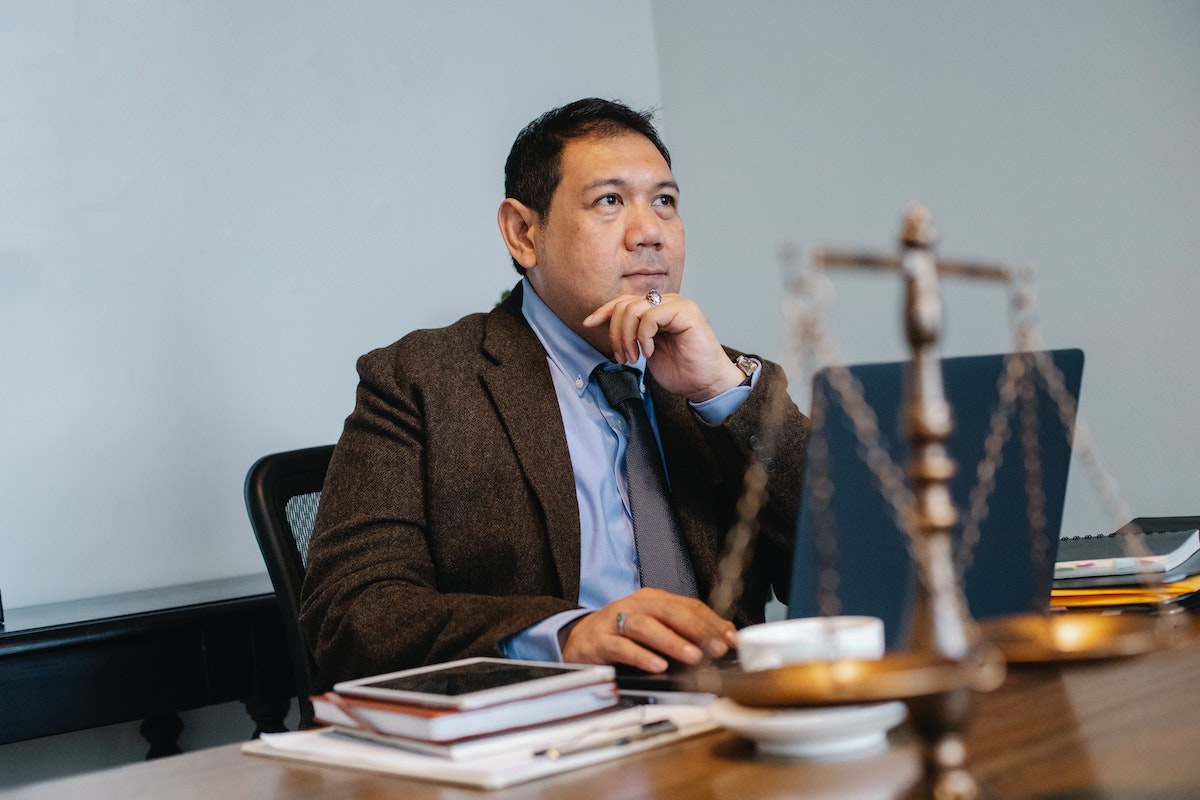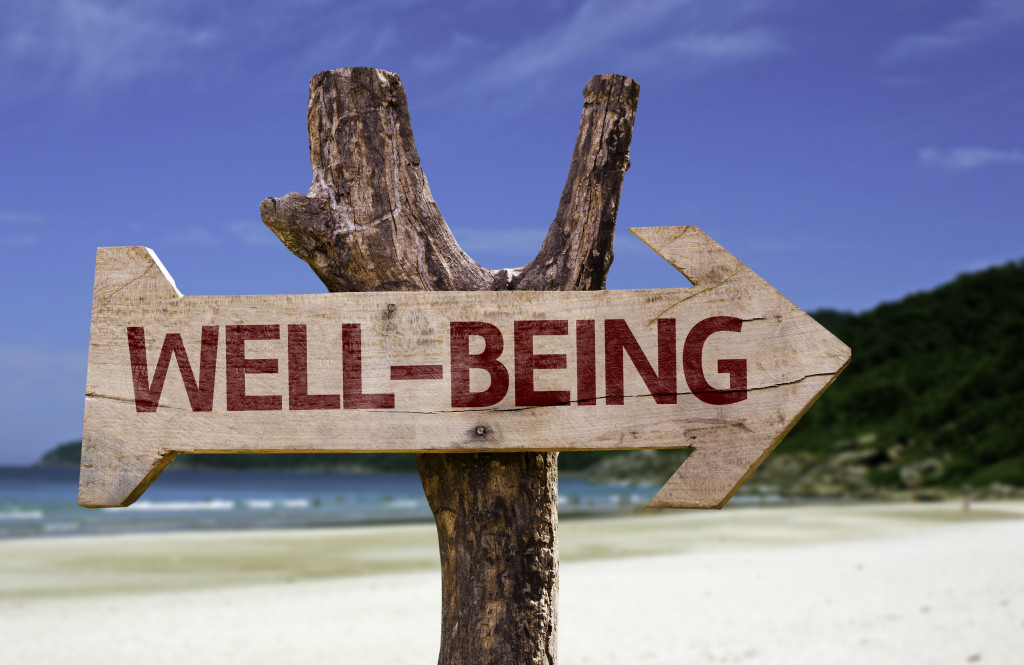- Prioritize family safety by creating an escape plan, keeping essential documents accessible, and practicing safety measures at home.
- Document experience of domestic violence to secure justice, such as physical and non-physical abuse (psychological, economic, sexual).
- Seek justice by filing criminal complaints with the police or pursuing civil suits.
- Utilize legal avenues to break rental leases without penalty and seek support from advocacy groups.
- Reclaim control of life by seeking therapy, building supportive relationships, and engaging in activities that bring joy.
Domestic violence is a serious issue affecting millions in the United States annually. It is an act of violence or abuse between intimate partners, such as spouses, family members, or cohabitants. Domestic abuse can include physical violence, sexual abuse, psychological abuse, and economic control.
The factors that lead to domestic violence are complex and varied; however, some common patterns exist among abusers and survivors alike. Abusers often use power and control to maintain their dominance over their partners. This could include controlling finances, limiting access to resources or other support networks, or engaging in physical threats or harm. Additionally, those who have experienced trauma or have unmet mental health needs are more likely to be perpetrators of domestic violence.
If you are a victim of domestic violence, you might have to make some difficult decisions. Finding safety and support for yourself and your family is essential, as domestic violence can have devastating consequences. Here are some tips to follow if you or someone you know is suffering from domestic violence:
Prioritize Family’s Safety First
Domestic violence can have a damaging impact on both the victim and their family. Safety must be made the top priority for anyone affected by domestic violence. Creating an escape plan, keeping essential documents accessible at all times, and practicing safety measures in the home are just some of the steps that should be taken to protect those in a dangerous situation.
Finding reliable and trustworthy support networks is also vital for domestic violence victims. Reaching out to local domestic abuse shelters or hotlines can provide victims with helpful resources such as emergency housing, legal advice, and emotional support services. National organizations like The National Domestic Violence Hotline are available 24/7 to help victims find shelter and connect them to local support systems nationwide.
It is also important to remember that there is no one-size-fits-all solution to protecting yourself from domestic violence. Each situation is unique and requires an individualized approach tailored to the survivor’s needs. Whether that means finding a safe place within or outside the home, seeking medical attention or talking to law enforcement, or building an emergency plan with trusted family members and friends, survivors of domestic violence must prioritize their safety before attempting other steps toward liberation and recovery.
Document Your Experience
Documenting your domestic violence experience is essential to ensure you get the justice you deserve. A record of the abuse can provide valuable evidence against your abuser and increase your chances of obtaining a restraining order or other legal remedies.
Documenting physical and non-physical abuse is essential, as the latter can often be harder to prove in court. Evidence of non-physical abuse, such as psychological (e.g., threats or humiliation), economic (e.g., controlling finances), or sexual (e.g., coercion) abuse, should be carefully recorded and kept in a safe place. This could include written testimonies from friends and family members, photos showing any bruises or injuries, medical records from doctor visits related to the abuse, text messages or emails sent from the abuser, or restraining orders that have been issued against them.
It is also essential to create a paper trail in cases where victims have been denied access to their rights as tenants by landlords who are aware of their domestic violence situation. Keeping track of all communications between yourself and any other parties involved can help provide proof that domestic violence has occurred if it ever needs to be taken to court.
Seek Justice
Survivors of domestic violence have the right to seek justice for their traumatic experiences. They should never be made to feel guilty or ashamed about speaking out and standing up against abusive behavior. Seeking justice can help survivors gain closure and allow them to reclaim their sense of autonomy and dignity. It also serves as an essential reminder that abusers will not get away with their violent acts and can deter other potential perpetrators.
Utilizing Legal Avenues

Legal avenues are an essential component in seeking justice for domestic violence survivors. Filing criminal complaints with the police or pursuing civil suits are legal options for those experiencing abuse. Getting a civil harassment restraining order further ensures you will no longer be threatened, making it vital to get. Furthermore, specific states have passed laws allowing victims of domestic violence to break rental leases without penalty if the circumstance is deemed appropriate under the law. This will enable survivors to escape an abuser without fear of eviction or financial repercussions.
Filing for Divorce
Sometimes, the most practical solution may be filing for a divorce. This decision is complex and requires careful consideration of all the factors involved. It is important to remember that the court system is designed to protect victims of domestic violence, and you should never feel guilty about pursuing necessary legal action to break free from an abusive relationship.
Seeking Support From Advocacy Groups

In addition to utilizing legal avenues, survivors should seek support from advocacy groups specializing in domestic violence-related issues. These organizations provide invaluable resources such as counseling services, emergency housing, legal representation, and various forms of support for survivors and their families. Additionally, many advocacy groups have established community education programs to raise awareness of domestic violence prevention and provide resources for navigating such a difficult situation.
Reclaiming Control Over Your Life
It’s also essential for survivors to remember that they always have control over their lives moving forward – regardless of what has happened in the past. Victims can begin the healing process by taking steps towards reclaiming autonomy – such as seeking therapy or building supportive relationships – and take positive steps towards rebuilding their life after abuse. It is also essential for survivors to find activities that bring joy into their life; whether this means exploring new hobbies or reconnecting with old friends, these small moments can be instrumental in helping rebuild self-esteem after trauma.
Final Thoughts
Domestic violence is a severe problem, but it is not insurmountable. By understanding their legal rights and utilizing the available resources, survivors can take steps towards reclaiming autonomy and overcoming abuse. Seeking support from advocacy groups and other reliable sources of help is essential in ensuring victims’ safety and well-being. Remember – you are not alone; some people care about you and want to help.



